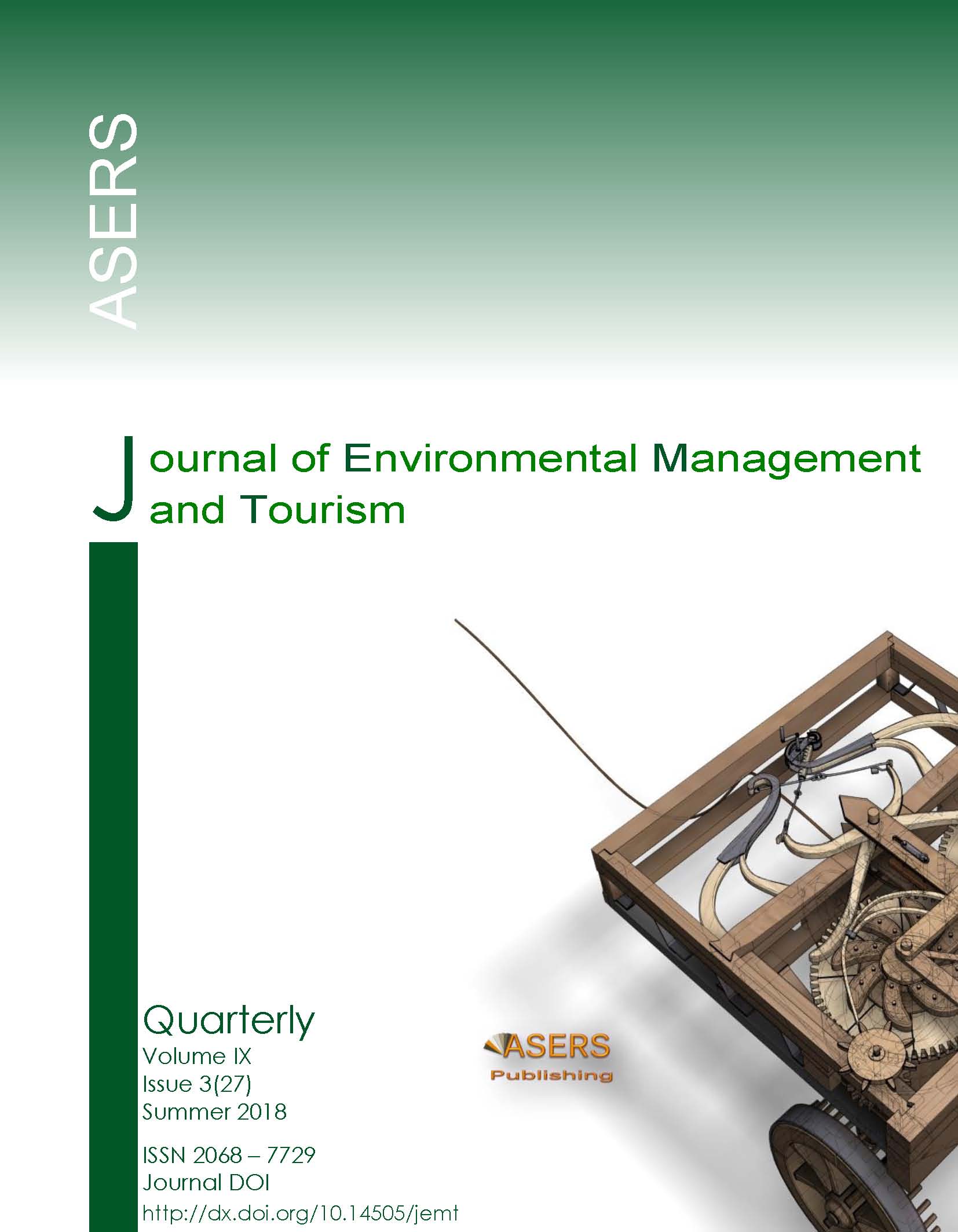How Does Altruism Enlarge A Climate Coalition?
How Does Altruism Enlarge A Climate Coalition?
Author(s): Yu-Hsuan LinSubject(s): Economy
Published by: ASERS Publishing
Keywords: international environmental agreement; social preference; altruism; experimental design; climate change
Summary/Abstract: This study examines the relationship between individual altruistic attitudes and the incentives of participating in a climatecoalition by using a laboratory experiment. A dominant strategy solution design categorizes players into two roles in the game: critical and non-critical players. The critical players have a weakly dominant strategy of joining and are essential to an effective coalition. On the other hand, the non-critical players have a dominant strategy of not-joining. The theory suggests that strong altruism would lead non-critical players to join a coalition. The experimental evidence shows that coalitions could be enlarged from the self-interest prediction. However, the result indicates that the individual incentives for participation seem to be negatively correlated with altruistic attitudes. The stronger the altruistic tendencies the less likely individuals are to join a coalition.
Journal: Journal of Environmental Management and Tourism (JEMT)
- Issue Year: IX/2018
- Issue No: 03 (27)
- Page Range: 553-563
- Page Count: 11
- Language: English
- Content File-PDF

